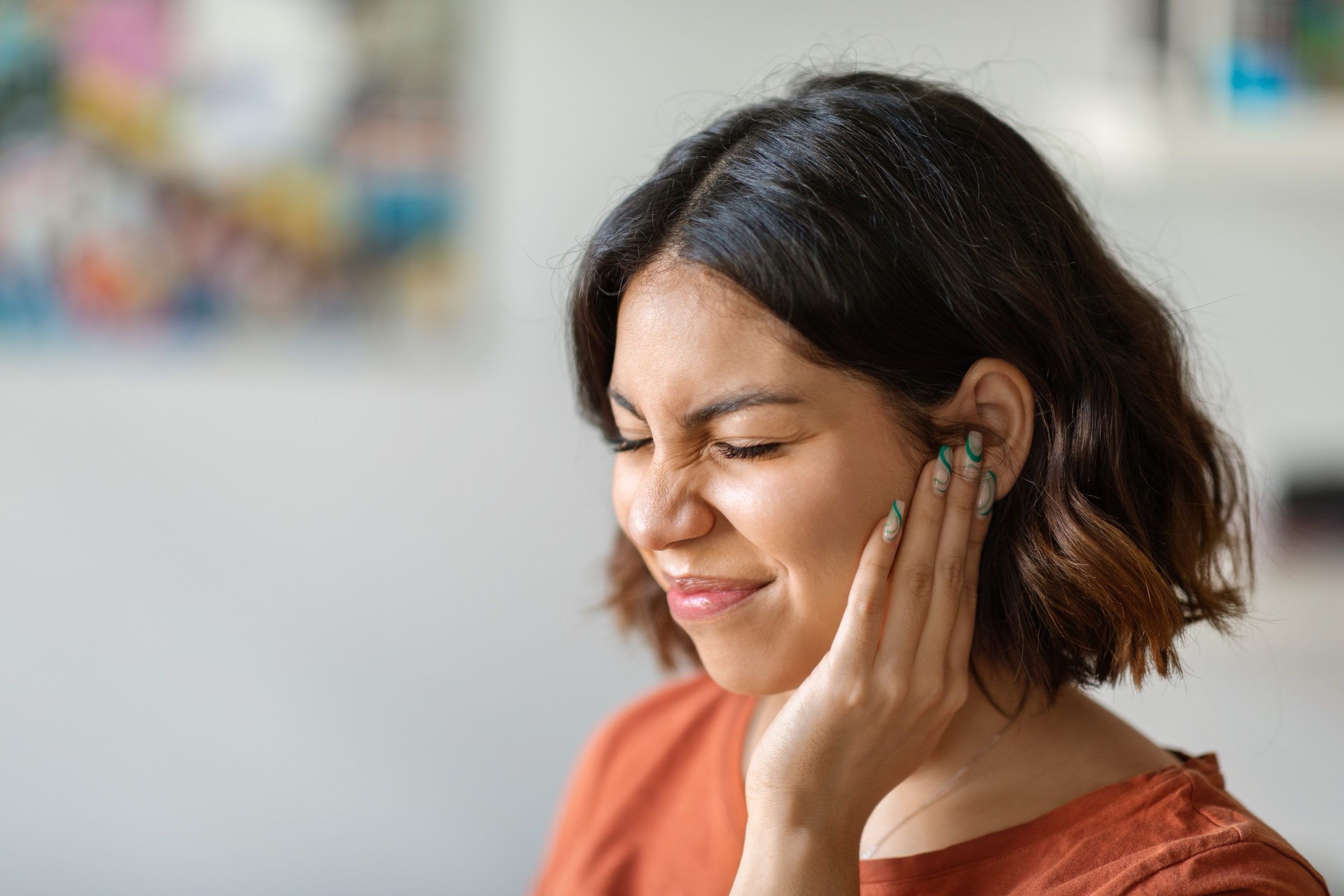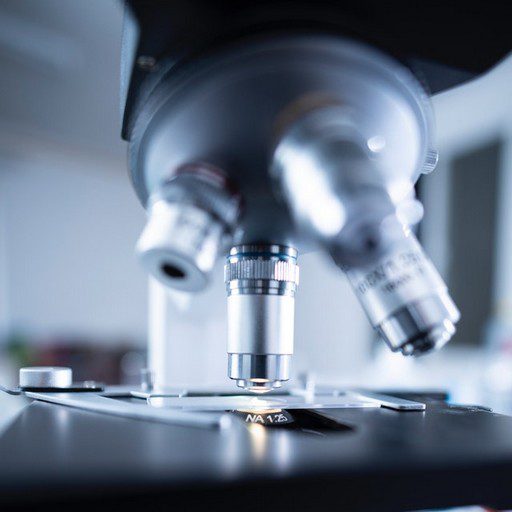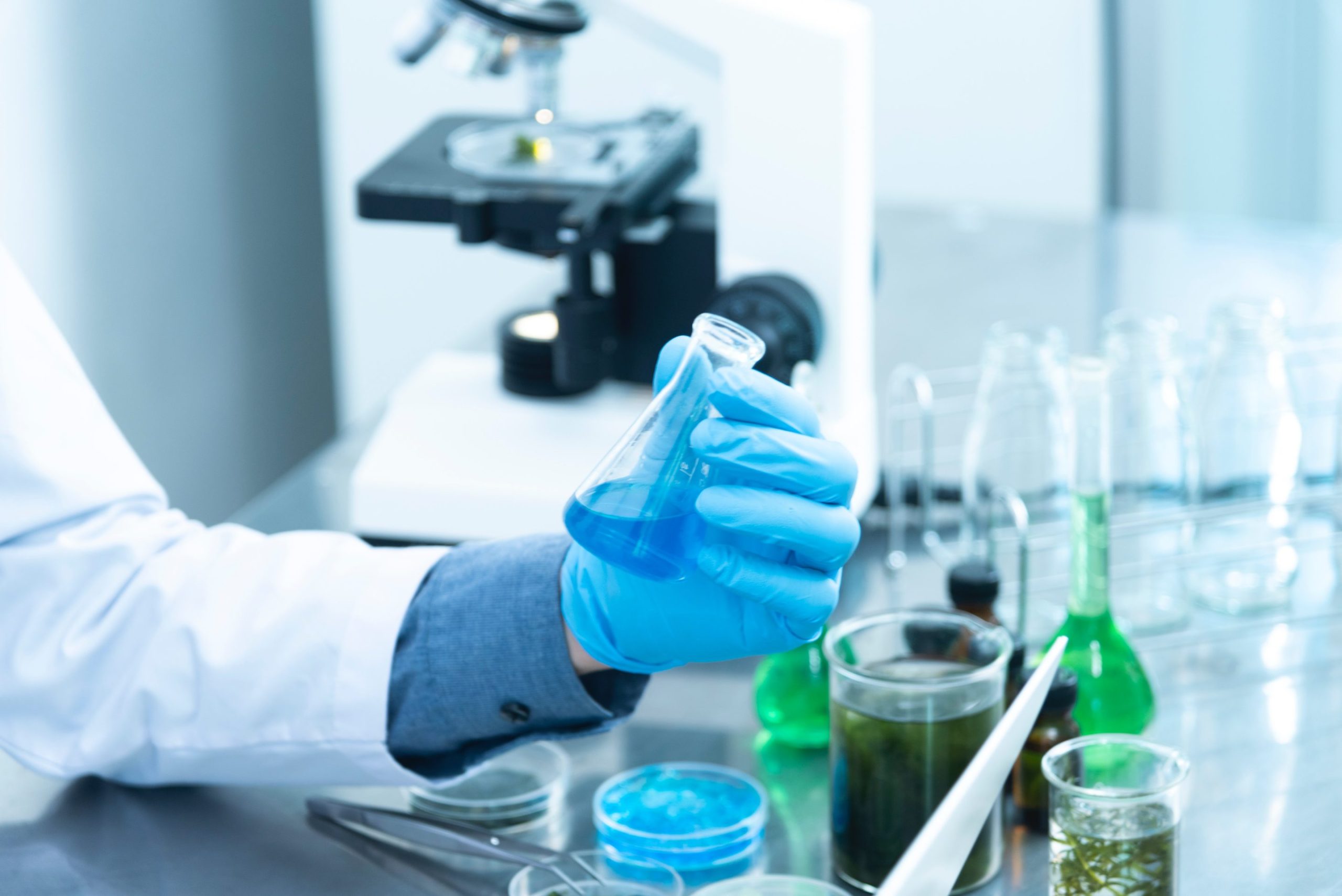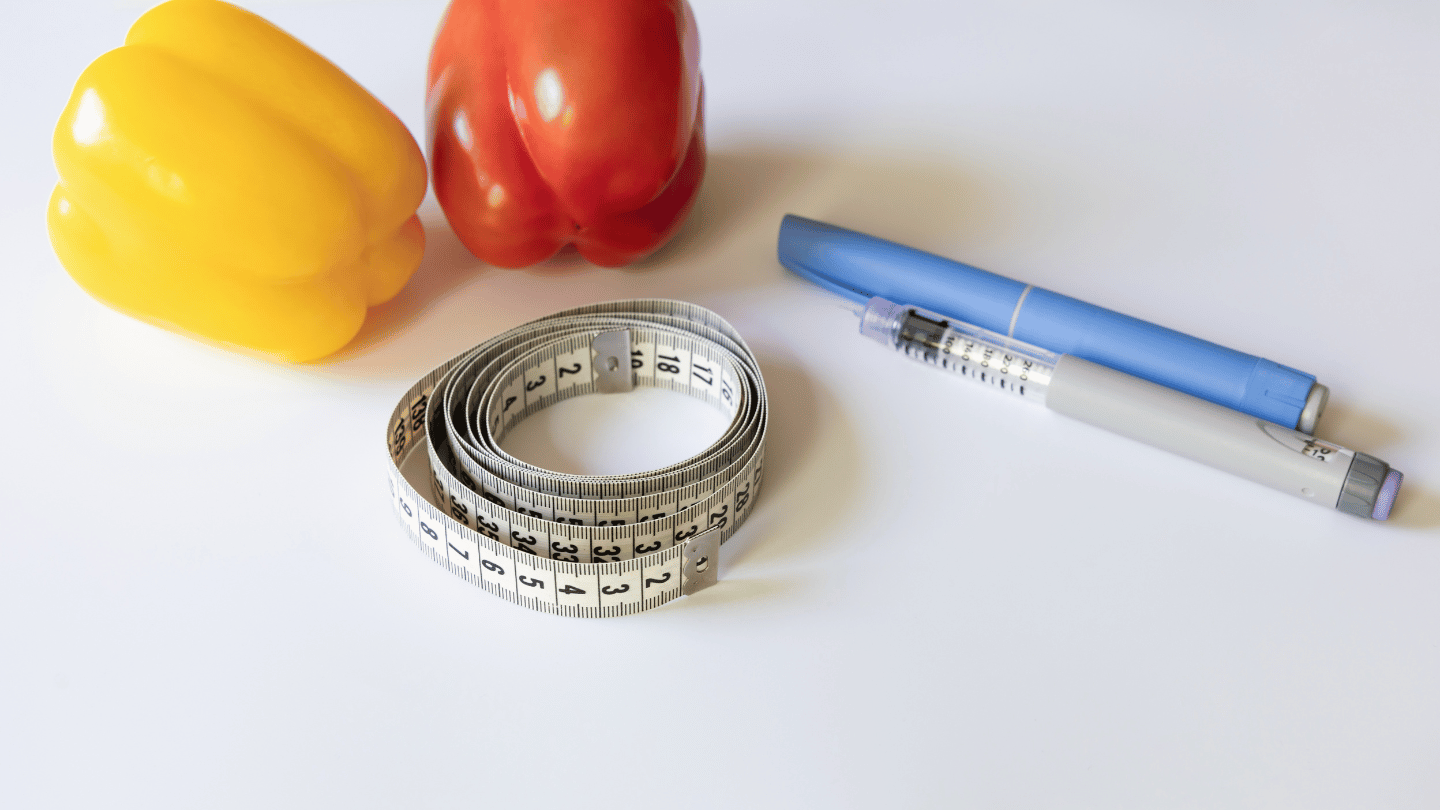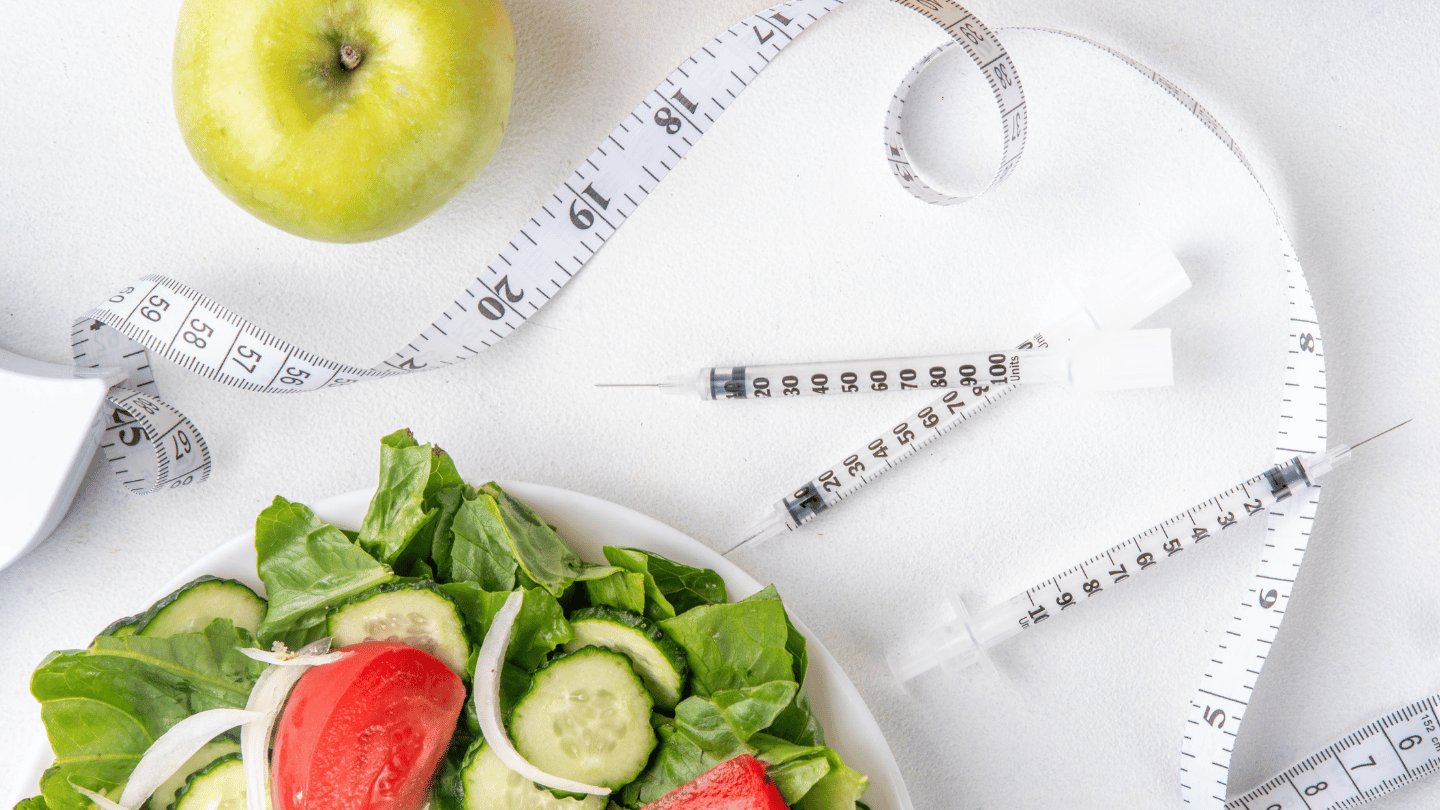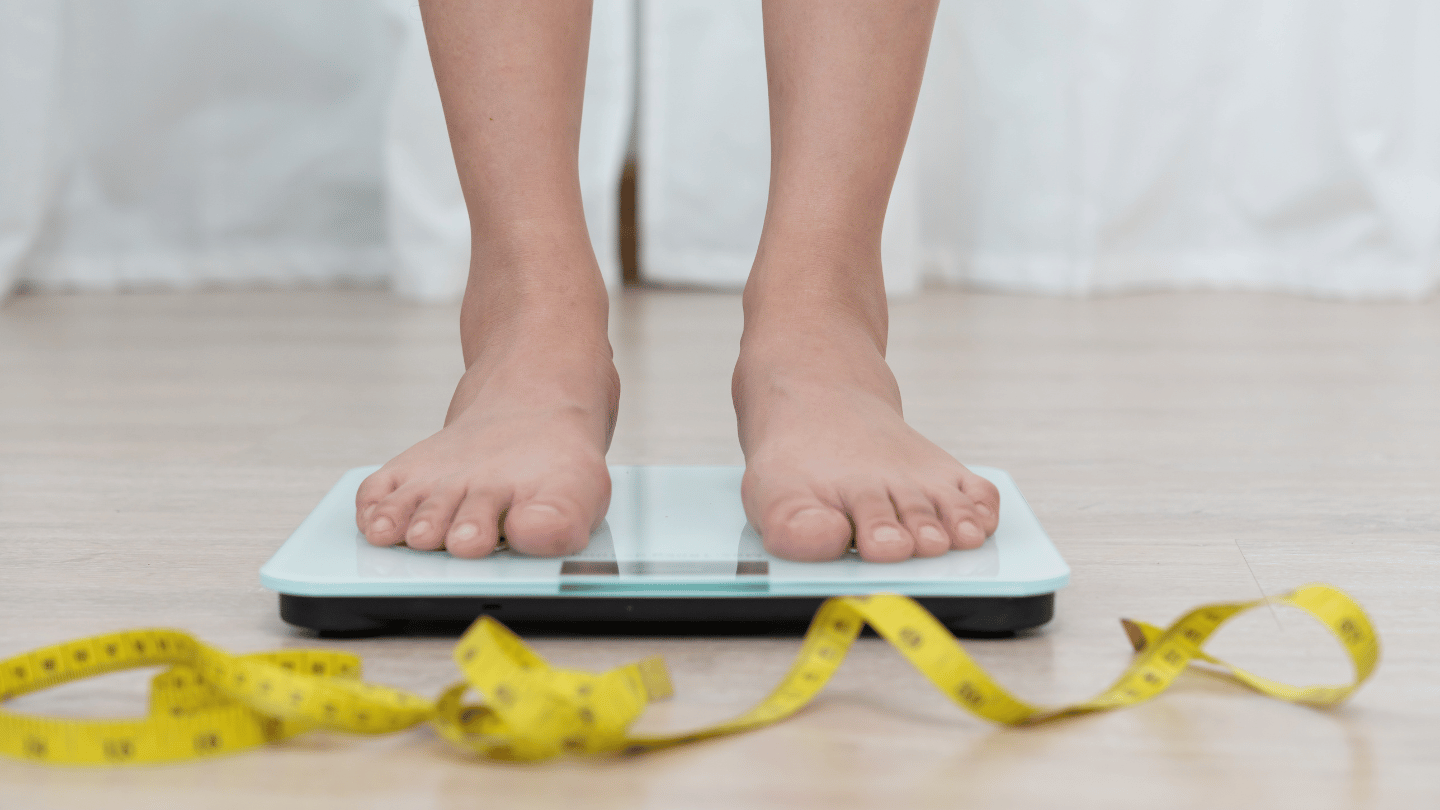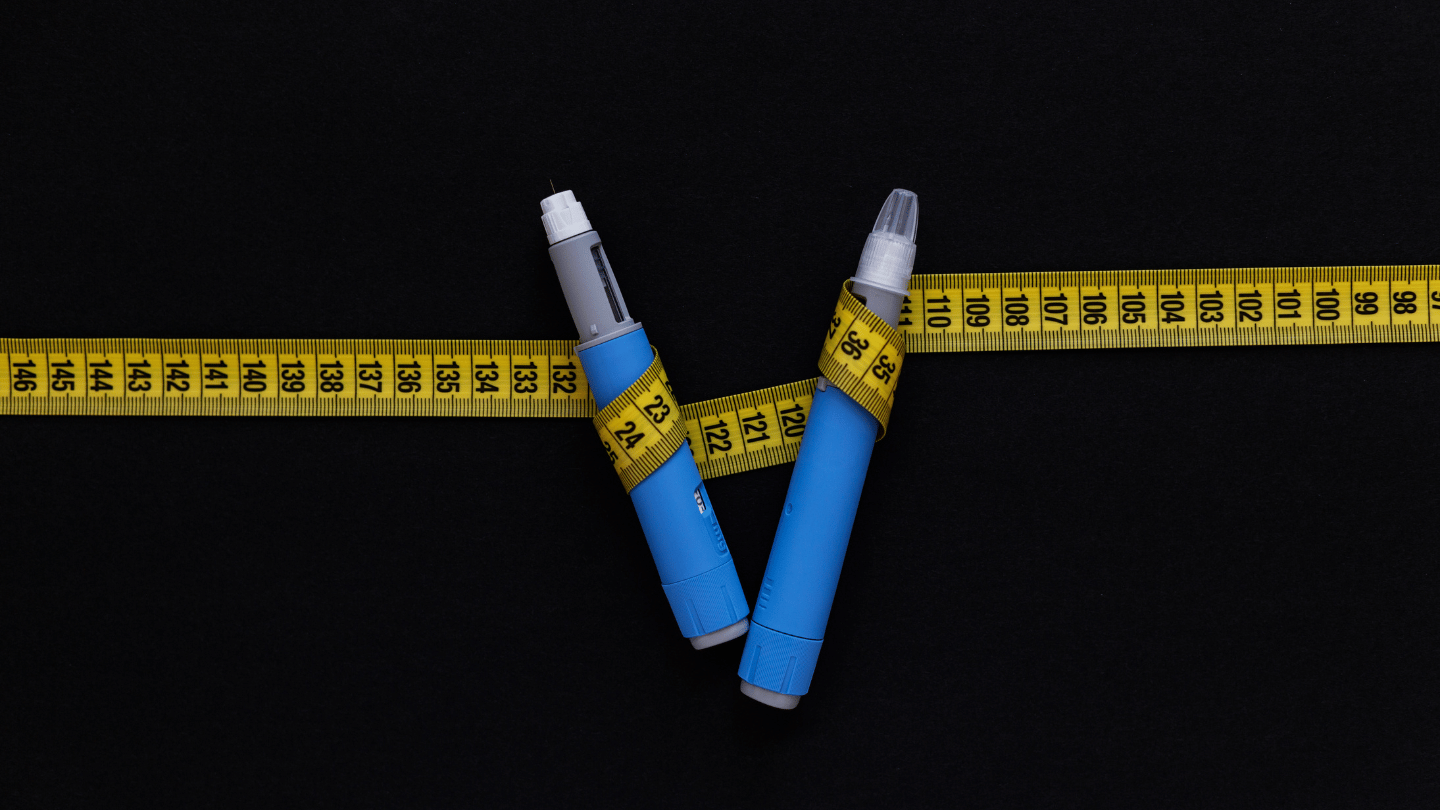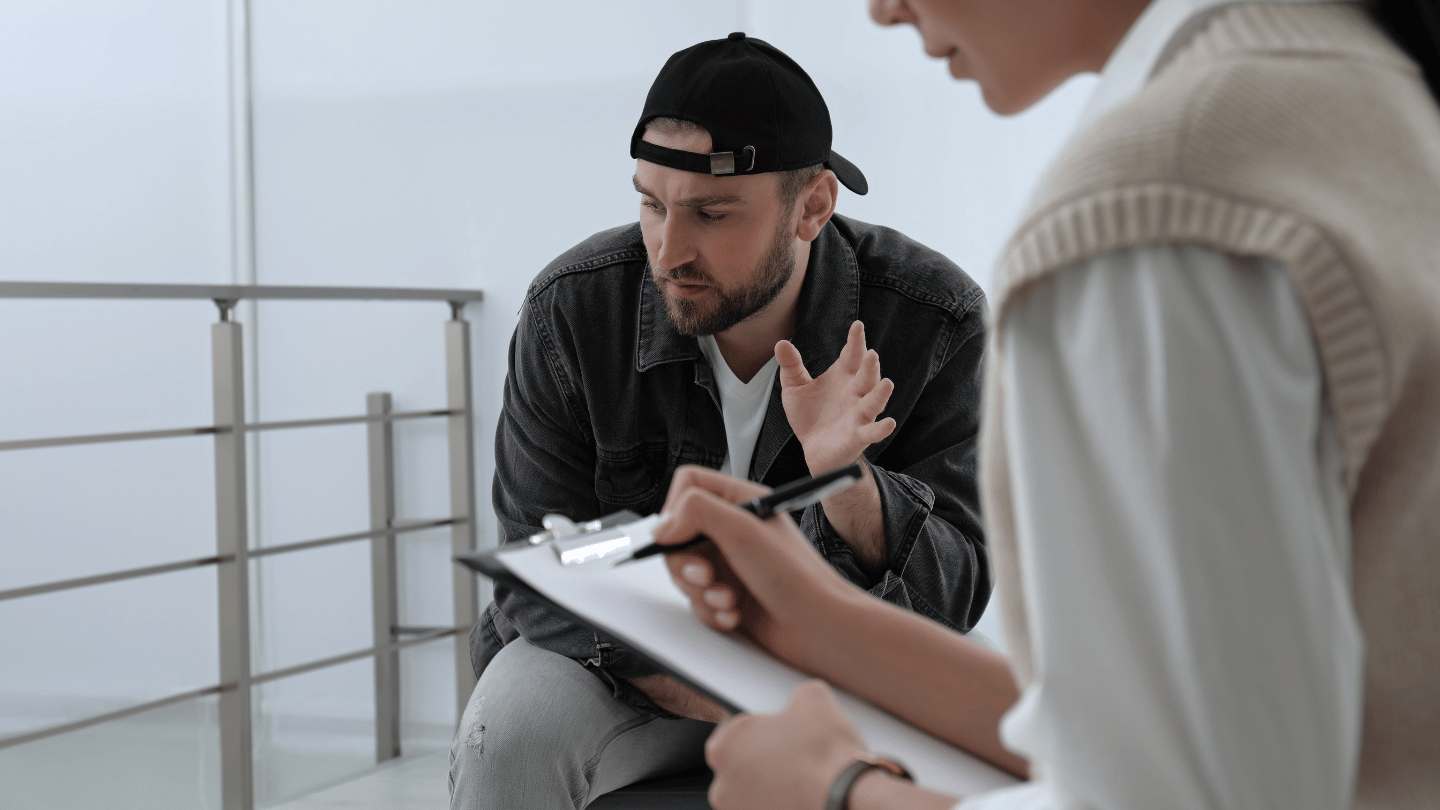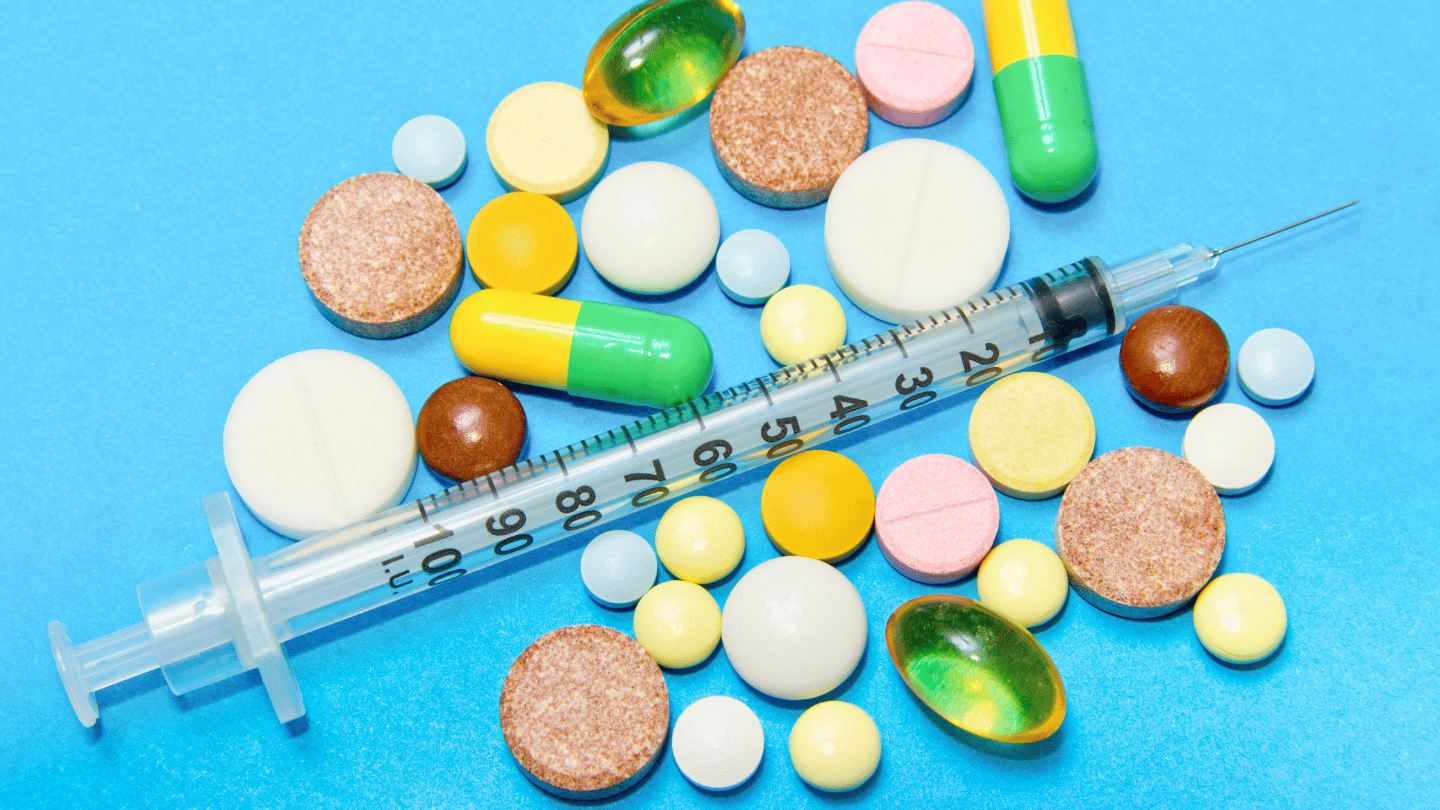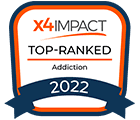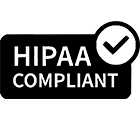Understanding the risk of contracting HIV from sexual intercourse can help individuals take necessary precautions and seek timely medical advice if exposed.
Here are rough estimates of the likelihood of contracting HIV from various sexual activities:
- Vaginal sex, female to male, without condom: 0.04%
- Vaginal sex, male to female, without condom: 0.08%
- Receptive anal sex, without condom: 1.38%
- Insertive anal sex, without condom: 0.11%
- Receptive fellatio: 0.04%
These values are estimates and should be interpreted with caution as some encounters may have significantly higher rates of HIV infection, especially in cases involving bleeding after insertive anal intercourse.
Importance of Immediate Medical Evaluation
If you have been exposed to HIV or had a high-risk sexual encounter, it is crucial to seek medical evaluation immediately. Time is of the essence in preventing an HIV infection.
Post-Exposure Prophylaxis (PEP)
PEP can prevent HIV infection if provided within 72 hours of exposure. PEP consists of three (sometimes four) medications, two of which are included in one pill. The Centers for Disease Control and Prevention (CDC) recommends a combination of the drugs tenofovir and emtricitabine (Truvada or Descovy) and either raltegravir (Isentress) or dolutegravir (Tivicay). This medication is taken orally once or twice a day for 28 days and is highly effective in preventing HIV infection.
Did you know? QuickMD can prescribe post-exposure prophylaxis online via telemedicine and prescribe Truvada or any of the other antiviral HIV medications mentioned above.

